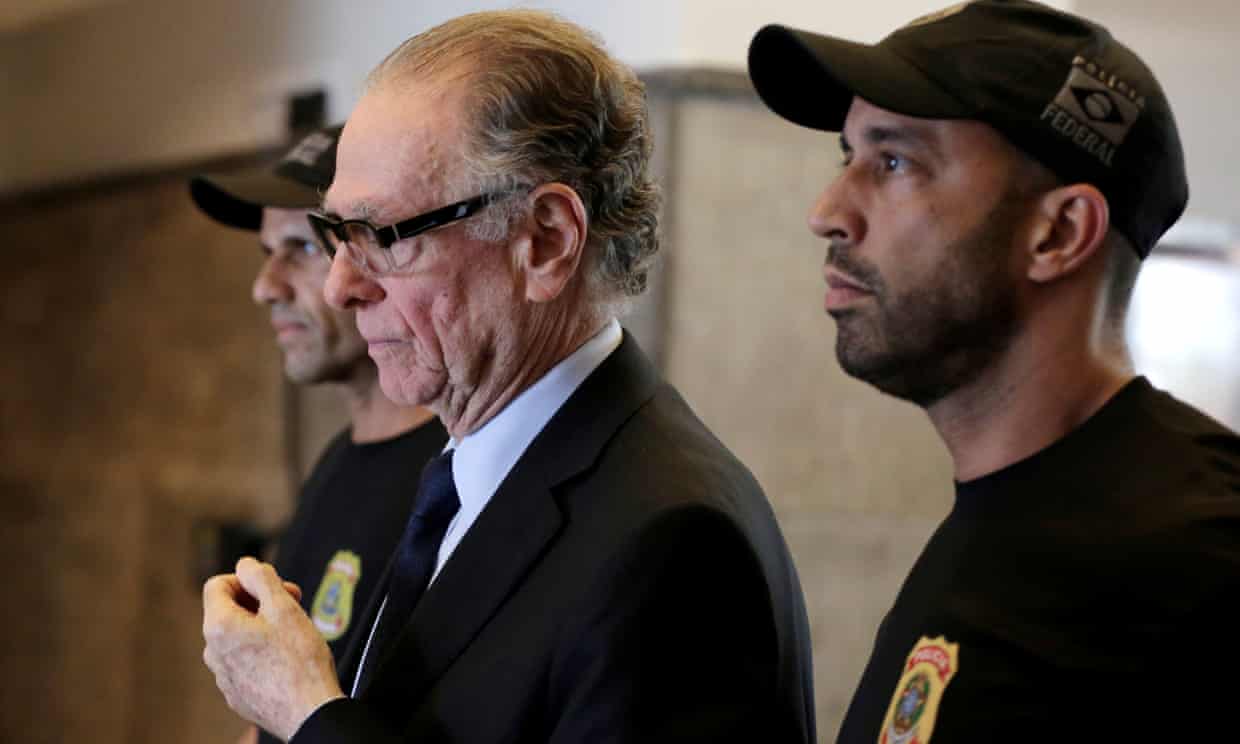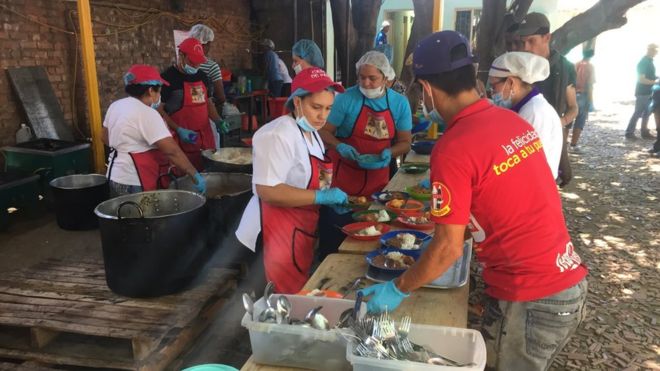By: Emily Green
Impunity Watch Reporter, South America
BOGOTA, Colombia — Hundreds of farmers and community members gathered to protest forced eradication of their coca crops when the peaceful demonstration turned into a massacre. As many as fifteen civilians were killed and 50 more were injured at the hands of Colombia’s own security forces.

Local reports say anti-narcotics police opened fire into the crowd of protestors on October 5. Between 300 and 1,000 unarmed farmers had gathered in a field of coca requesting to speak with the security forces and stop police from destroying their crop. President Santos has ordered further investigation into the event that occurred in Nariño, the rural area known as a key zone for growing coca.
As the largest producer of coca, a base element of cocaine, Colombia has thousands of farmers who rely on the crop. The country’s new peace plan provides an opportunity for crop substitution. Over a thousand farmers signed an agreement with the government to participate in this program that will substitute their coca crop for legal ones. In exchange for ripping up their coca, the farmers will receive government investment in their community.
However, most coca farmers around Nariño are not yet included in this program and need their crop to feed their families. Although they intend to participate, anti-narcotics authorities will not wait and are forcing eradication of their crop. This premature eradication destroys their means of livelihood.
Several conflicting reports have been brought blaming different groups for the violence, but human rights organizations and locals of the area assure that it was the police who opened fire on the protesting farmers. They resorted to violence after a peaceful two-week protest in which the farmers refused to participate in coca eradication efforts. Local media reported on several protests in this highly coca dependent area, where about 1,000 locals demanded to be included in the national crop substitution program.
On the other hand, the Colombian government has indirectly blamed guerrilla rebels for inciting the incident. Hundreds of FARC rebels have refused to follow the group’s peace agreement and have formed their own organized crime factions dedicated to drug trafficking. Colombia’s Defense Ministry claims that the rebels threw five-cylinder bombs at members of security forces and the crowd of protestors.
There has been no evidence of this version of events and most witnesses deny it. They report escalating tension between the police and the protestors that resulted in “excessive and irrational action” by the police that was “a clear violation of human rights.”
For more information, please see:
Reuters – At Least Six Die During Colombia Protest Over Coca Crop Removal – 6 October 2017
Fox News – 4 killed in clashes with Colombia coca growers, eradicators – 6 October 2017
Telesur – Colombians Mobilize Against Police Killing of 8 Campesinos – 5 October 2017



